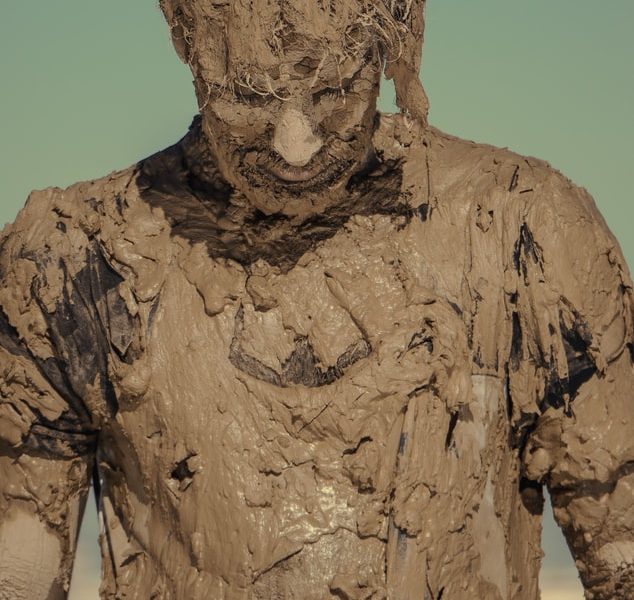The Invited Philosophers Gilles & Pedro The Menu First Course: Mediterranean salmon with dill and Za’atar sauce, couscous and oven-baked green beans Second Course: Cheese plate with multi-grain sourdough bread and crackers Dessert: Gilles Signature Almond Cake* Drinks: French Saint-Emilion Grand Cru Wine* *Courtesy of Gilles & Pedro The Philosophy Sartre’s Being and Nothingness is not an easy read but it is fascinating. The French edition of the book has 822 pages in small font. Gilles and Pedro did their homework when they came to dinner and taught me, through
our conversation, a lot of the nuances of L'Être et le Néant. Gilles, who is French, recounted how in France, philosophy is a required high school course. He accomplished a great feat by finding a French podcast, which summarizes the book with refreshing clarity and at times humor, and as the icing on the cake, we also hear Sartre himself speak. The Summary Our world is made of objects that are something based on their function or beingness. Most humans are objects too. The function of a phone, desk, car,…
Read More ›


